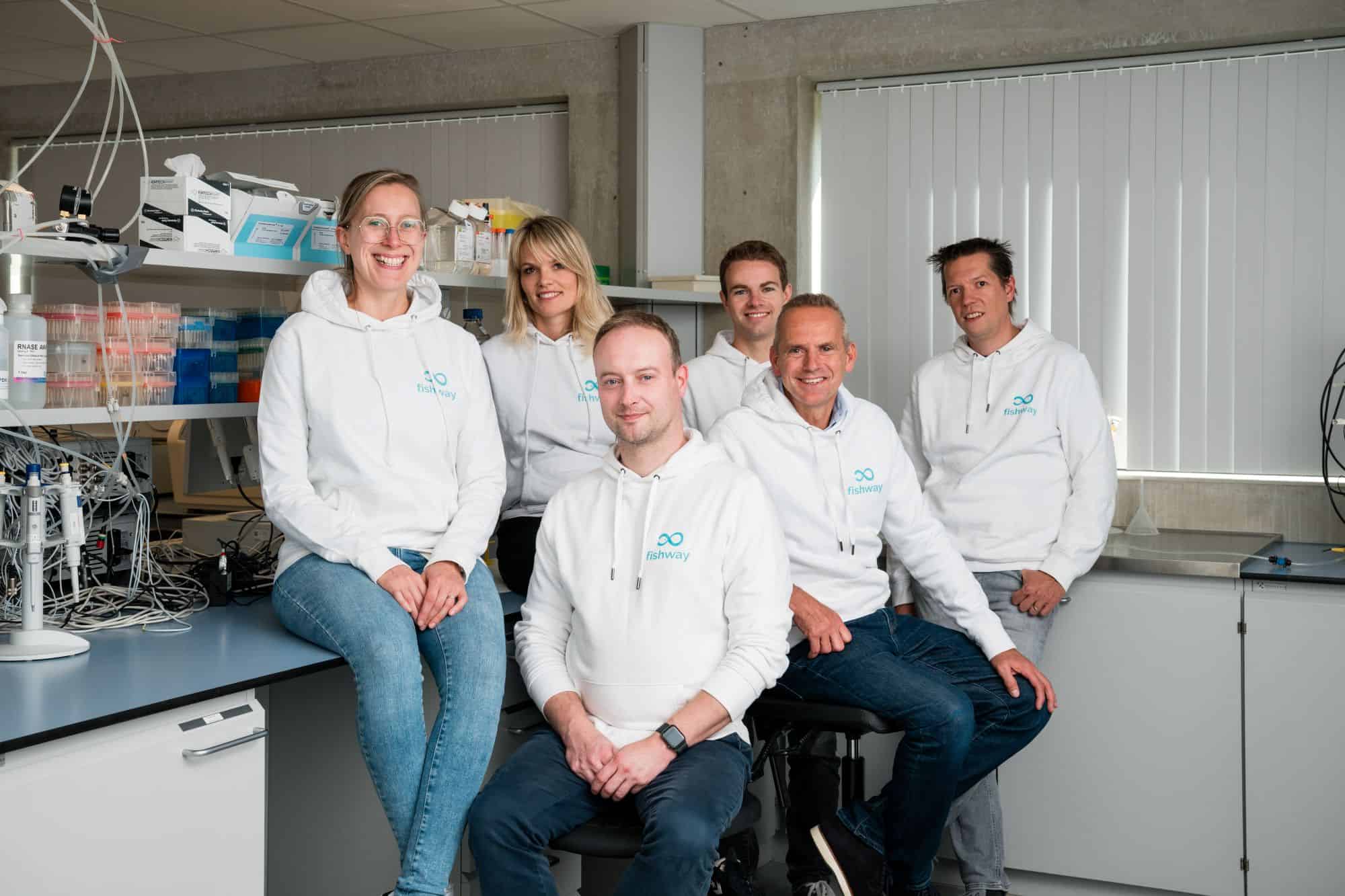French cultivated food company Gourmey claims it has become the first in the category to receive an independent validation confirming that its production model is scalable and economically viable.
A techno-economic assessment from Arthur D. Little concluded that Gourmey’s 5,000-liter bioreactor system can achieve the production of cultivated meat at $3.43 per pound (€7 per kilogram), meaning that the company is on the path to price parity without the need for speculative technologies or mega-scale infrastructure.
Gourmey’s platform is built around a second-generation technology stack designed for cost-effective deployment. It combines continuous production,
undifferentiated cell biomass, and suspension-based cell cultures.
Legacy biopharma techniques have been replaced with food-grade, cost-effective processes purpose-built for scale. Gourmey’s asset-light model avoids reliance on complex inputs or custom infrastructure, meaning it has minimal capital requirements compared to traditional systems.

“From potential to proof”
Arthur D. Little’s analysis finds that Gourmey’s model, with achievable and clearly defined process optimizations, delivers:
- €7/kg ($3.4/lb) production cost at current 5,000L scale.
- CapEx under €35 million per facility, modular and repeatable, with output of 1,700 tons (3 million+ pounds) using just six 5,000L bioreactors.
- Continuous runs with high cell density.
- Cell feed at €0.20/L, with no growth factors or fetal bovine serum.
- Full suspension culture, eliminating the need for scaffolds or microcarriers.
- No reliance on pharmaceutical inputs.
“Gourmey’s platform was assessed to reach below €10/kg for finished product, the lowest cost level in publicly reported techno-economic models to date, [while] demonstrating best-in-class CapEx efficiency,” said Clément Santander, Partner at Arthur D. Little. “This marks a shift from potential to proof.”

“Globally scalable”
Gourmey’s first offering is a cultivated alternative to the French delicacy foie gras. The product has received praise from Michelin-starred chefs, and is backed by a culinary advisory board spanning Tokyo, San Francisco, and Copenhagen. Demand is already reported to be exceeding planned production capacity.
Gourmey has raised over €65 million — including a €48 million round in 2022 — and has seven regulatory filings underway in regions such as the EU, the UK, Switzerland, Singapore, and the US. The company says it has a clear path to profitability, and is exploring go-to-market strategies for both high-value
offerings and future commodity proteins. This includes ongoing discussions with major global protein corporations.
With a proprietary embryonic stem cell platform and a portfolio of more than 50 patent filings across the cultivated meat value chain, Gourmey’s technology is said to enable species-agnostic scale, low-cost inputs, and continuous production without downstream complexity.
“Our focus has always been on building something technically sound, economically viable, and globally scalable to maximise our impact,” said Nicolas Morin-Forest, co-founder and CEO of Gourmey. “The cultivated meat industry has reached a point where proof matters more than promises. This independent validation helps move the conversation forward to operational
reality. It shows that, with the right technological choices supporting a realistic scale-up roadmap, cultivated proteins will become a meaningful solution to complement existing production systems.”




